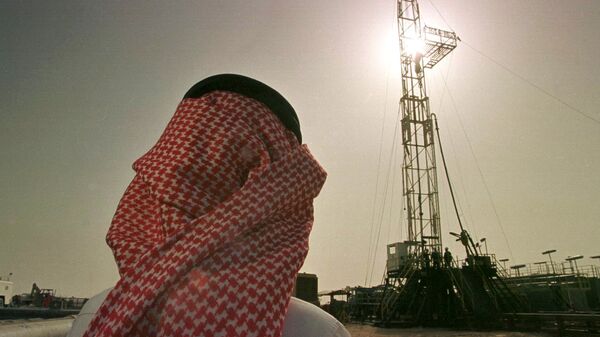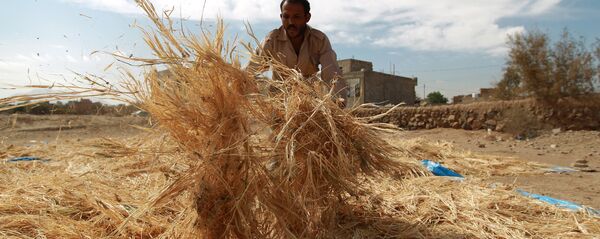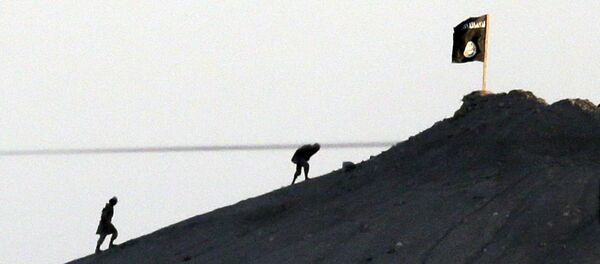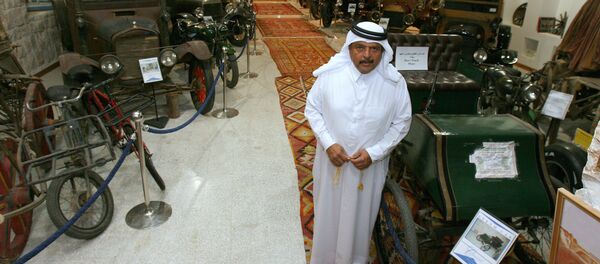Chesnot is the author of an investigative book titled Nos très chers émirs, sont-ils vraiment nos amis? (Are we friends with our allied emirs?), released by the publishing house Michel Lafon earlier this year.
Touching upon France's ties with Gulf nations and apparently referring to the country's MPs, Chesnot said that "these elected representatives prefer to see the oil monarchies as cash cows, while the princes of these monarchies, in turn, perceive the French as people who can be easily bought."
"A few gifts, watches, several fistfuls of euros… One person close to the Father Emir of Qatar told us that the French are cheaper than all the others. Perhaps it was a joke, but still abnormal things did happen. The period between 2007 and 2012 saw a kind of honeymoon and almost a merger between Qatar and Paris," he said.
He recalled that Paris continues to pursue a policy aimed at making the Gulf nations, including Saudi Arabia, France's strategic partners and "the most important customers."
"This creates very strong ties that benefit France with regards to revenues and jobs, but that recently put us in a difficult situation because we earlier saw the reality through the glasses given to us by the Emirs of the Persian Gulf," Chesnot said.
"The result is ambiguous for President Hollande because there is a close cooperation [between Paris and the Gulf nations], but it is not as great as politicians assure," according to Chesnot.
"What's more, we are drawn into cases where we should be more careful, especially in Yemen. 8,000 people have already been killed there, but we have been supplying arms and providing satellite images. And we do not talk about the massacres which killed 140 people and injured 500 more in Sanaa," he said.
On the Syrian issue, Chesnot said that "some things went wrong," citing issues related to the Al-Nusra Front, a terrorist group. He drew attention to the fact that Saudi Arabia and Qatar helped arm movements, "some of which were close to Al-Qaeda."
He also pointed to Qatar supporting the Muslim Brotherhood and the Salafists rather than "secular movements, liberals and young bloggers."
"It is Qatar, Saudia Arabia and Turkey which are to blame for this jihadization of the war in Syria. The French turned a blind eye to it, allowing our friends from Qatar and Saudi Arabia to do what they want. We did not wish to see the Syrian opposition put on the path of jihad," Chesnot said.
"In fact, if there was a rating, it would first of all mentioned the United Arab Emirates which invested 3.7 billion dollars [in France]," Chesnot said.
The second and third positions went to Qatar and Saudia Arabia which invested 1.7 billion dollars and 830 million dollars, respectively.
Chesnot concluded by saying that Paris needs more transparency, clarity, determination and responsibility when maintaining relations with the Gulf nations.





